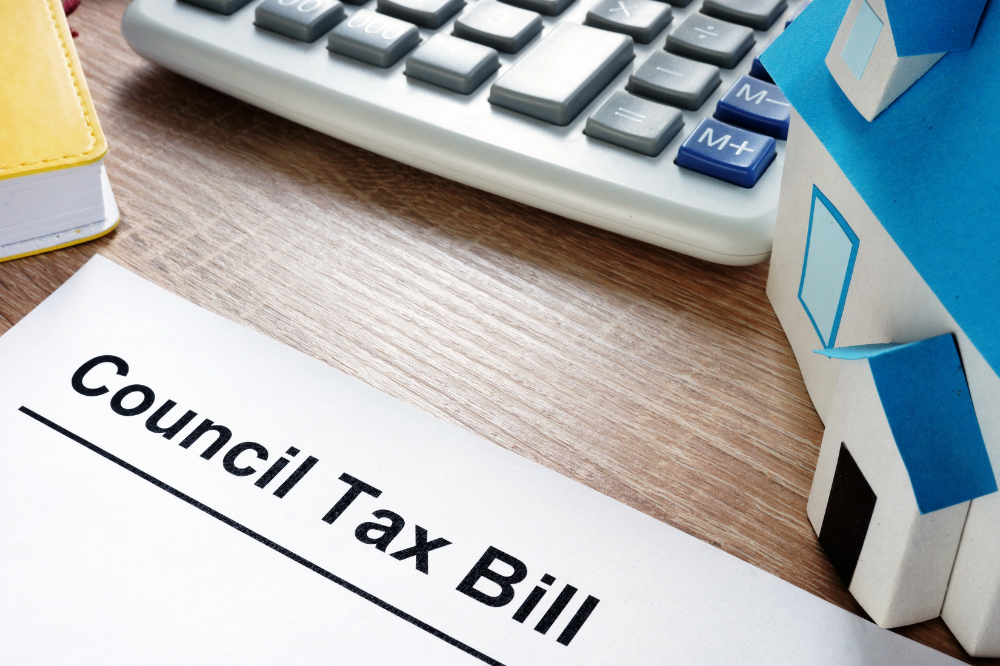A guide to managing council tax when you move home
If you're planning a move, you've probably got a long to-do list. Among the paperwork and packing, one question that comes up time and time again: what happens to council tax when you move house?
At Pickfords, we support our customers through every stage of their move. This guide explains what happens to your council tax when you change address and what steps to take before and after moving.
What is council tax?

Council tax is a local charge paid to your local authority. It helps fund public services such as waste collection, street maintenance and emergency services.
The amount you pay is based on:
- Your property's valuation band
- The location of your property as rates can vary depending on where you live
Council tax when you move home

When you move house, it's important to update your council tax records with the relevant local authorities. This ensures your account is accurate, avoids duplicate charges and prevents any missed payments. The following step-by-step guide outlines the process to follow during a change of address.
1. Notify your local authorities
You must inform both:
- The council you are leaving, to close your account
- The council in your new area, to set up your new account
2. Confirm your final liability
You are responsible for council tax at your current property until:
- The tenancy officially ends, or
- The sale of the property is completed
Moving out earlier does not change your council tax liability unless your contract has formally ended.
3. Set up payments at your new address
Register your new address with the relevant local authority as soon as possible. Most councils allow you to pay by Direct Debit, which is often the most convenient option.
4. Request a refund if appliable
If you've overpaid council tax at your previous address, you may be entitled to a refund. This is usually processed automatically, but you can contact the council to confirm.
Keeping your council tax details up to date when moving home is a crucial part of the moving process. Following these steps will help ensure your payments are accurate and avoid any unnecessary charges or complications.
It's also important to note that while all properties are assigned a council tax band, some residents may be exempt from paying council tax depending on who lives in the property. Common exceptions apply to full-time students, people under 18, members of the armed forces living in service accommodation, those in care homes and individuals living with someone providing care. If you think you quality for an exemption, you should contact your local council to discuss your situation.
If you're moving soon, it's important to hire a professional removal company that can support you throughout the entire process. Moving with Pickfords means you'll have access to a full range of professional services for local, national and international removals. Our team can assist with every aspect of your move, from home removals and packing to unpacking and secure storage solutions.
Get in touch with us today for a free, non-obligation quote.